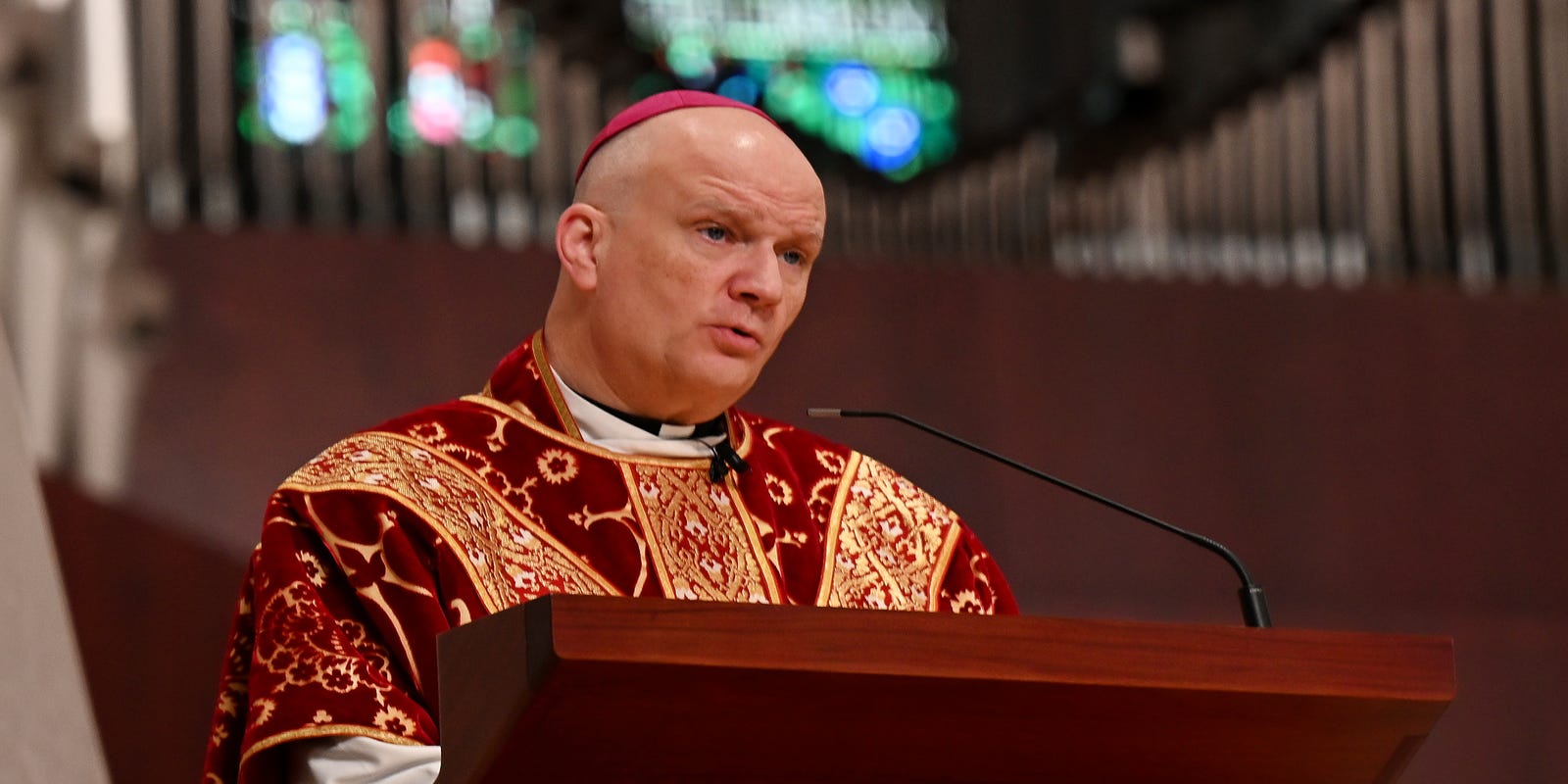Faith Exodus: Spain Leads Global Trend of Young Adults Abandoning Religious Roots
Religion
2025-03-27 11:00:00Content

A groundbreaking global study reveals a significant trend of religious disengagement, with approximately 20% of adults worldwide abandoning the faith they were raised in during childhood. The research highlights dramatic shifts in religious affiliation, with Christianity and Buddhism experiencing the most substantial losses.
Spain emerges as the standout example in Europe, leading the continent in the number of individuals who have distanced themselves from their traditional religious roots. The United Kingdom follows closely behind, demonstrating a similar pattern of religious migration and personal spiritual transformation.
This comprehensive study offers a fascinating glimpse into the evolving landscape of religious identity, showcasing how personal beliefs and cultural perspectives are changing in the modern world. The findings underscore a growing trend of individual spiritual exploration and the declining influence of traditional religious institutions across developed Western nations.
Religious Exodus: The Dramatic Shift in Spiritual Landscapes Across Global Societies
In an era of unprecedented social transformation, contemporary societies are experiencing a profound religious metamorphosis that challenges traditional belief systems and cultural identities. The contemporary landscape of spiritual allegiance is undergoing a radical reconfiguration, with individuals increasingly questioning and ultimately departing from the religious frameworks of their ancestral heritage.Unraveling the Threads of Faith: A Global Spiritual Transformation
The Unprecedented Religious Migration Phenomenon
The contemporary global religious landscape is experiencing a seismic shift that transcends geographical boundaries and cultural paradigms. Extensive sociological research reveals a startling trend of mass religious disengagement, where approximately one-fifth of adult populations worldwide are consciously distancing themselves from their childhood religious traditions. This phenomenon represents more than a mere statistical anomaly; it signifies a profound cultural and psychological transformation that challenges long-established spiritual narratives. Demographic studies indicate that this religious migration is not uniform but exhibits complex regional variations. Western developed nations, in particular, demonstrate a more pronounced tendency towards spiritual deconstruction, with individuals critically examining and subsequently rejecting the religious frameworks inherited from previous generations.Christianity and Buddhism: The Most Impacted Religious Domains
Among the world's major religious traditions, Christianity and Buddhism have experienced the most significant demographic transformations. These spiritual systems, historically characterized by robust institutional structures and deep cultural embeddings, are now confronting unprecedented challenges to their traditional narratives and societal relevance. The erosion of religious adherence is particularly pronounced in European contexts, with Spain emerging as a quintessential example of this spiritual recalibration. The Iberian nation has become a microcosm of broader global trends, where institutional religious frameworks are being systematically dismantled by increasingly educated, critically thinking populations seeking more personalized and flexible spiritual experiences.Sociological Implications of Religious Disengagement
The mass exodus from traditional religious institutions represents more than a simple statistical trend. It reflects profound societal transformations driven by factors such as increased educational access, technological connectivity, and evolving philosophical perspectives. Modern individuals are increasingly empowered to construct personalized spiritual narratives that transcend rigid institutional boundaries. This religious migration challenges established power structures and necessitates a fundamental reimagining of spiritual engagement. Traditional religious institutions must now confront the reality of a more fluid, individualistic approach to spiritual exploration, where personal experience and critical inquiry supersede inherited dogmatic frameworks.Psychological Dimensions of Religious Transformation
The decision to abandon childhood religious traditions is rarely simplistic or superficial. It represents a complex psychological journey involving critical self-reflection, intellectual exploration, and a profound reevaluation of personal belief systems. Individuals undertaking this spiritual transition often experience significant emotional and existential challenges as they navigate the liminal spaces between inherited traditions and emerging personal philosophies. Psychological research suggests that this religious migration is fundamentally an act of personal empowerment. By consciously choosing to deconstruct and reconstruct their spiritual identities, individuals assert their autonomy and reject externally imposed belief systems in favor of more authentic, self-determined spiritual experiences.Global Perspectives on Religious Evolution
While the data predominantly emerges from Western contexts, the religious transformation is a global phenomenon with nuanced regional expressions. Different cultural contexts produce unique manifestations of spiritual migration, reflecting local historical, social, and philosophical dynamics. The increasing interconnectedness of global societies through digital platforms and transnational communication networks accelerates these spiritual transformations, creating unprecedented opportunities for cross-cultural religious dialogue and personal spiritual exploration.RELATED NEWS
Religion

Faith, Politics, and Controversy: Georgia Senate's Explosive Religious Freedom Act
2025-03-04 23:09:51
Religion

Immortality Crusade: Tech Mogul Launches Radical 'Don't Die' Lifestyle Movement
2025-03-09 00:33:00






